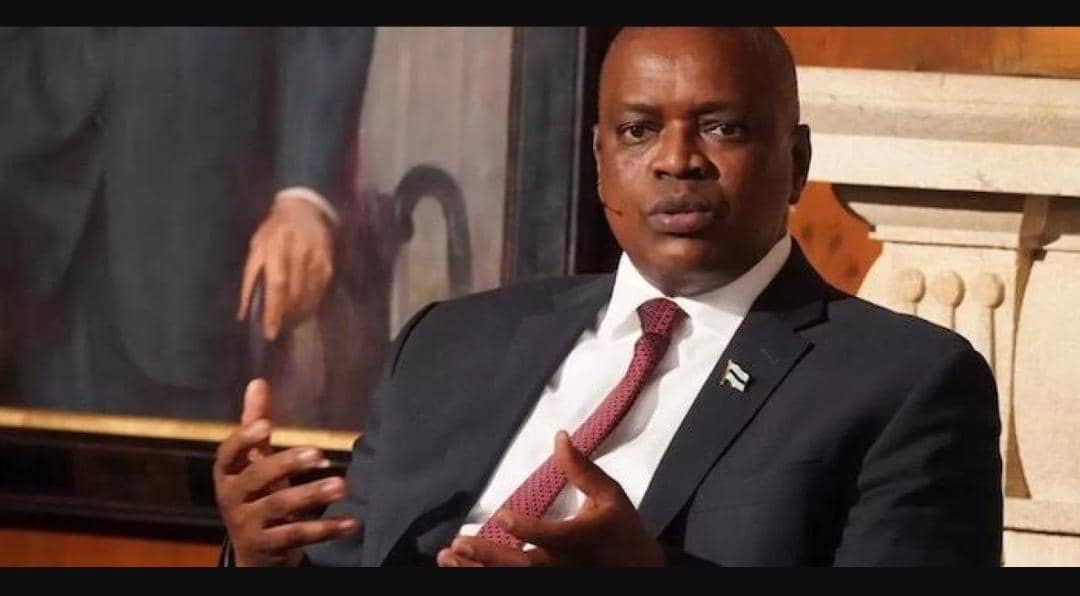
Preliminary results suggest that the Botswana Democratic Party (BDP), which has governed since Botswana’s independence in 1966, has lost its parliamentary majority, coming in fourth in Wednesday’s general election.
At a press conference in Gaborone on Friday, President Mokgweetsi Masisi acknowledged the party’s failure to connect with voters, saying, “We got it wrong big time in the eyes of the people. We truly believed in our message, but there’s no denying the outcome—there’s no way we’re forming the next government.”
Masisi, who was seeking a second term, announced he would step aside, congratulating the opposition on their victory. “I concede the election and wish to congratulate the opposition,” he stated.
This shift in leadership, which would end the BDP’s 58-year hold on power, awaits official confirmation from the electoral commission later on Friday. Under Botswana’s electoral system, the first party to secure 31 of the 61 parliamentary seats wins, allowing its presidential candidate to form the government.
The BDP, historically expected to retain power in the diamond-rich nation, faced an unexpected lead by the main opposition, the Umbrella for Democratic Change (UDC). The UDC, led by Duma Boko, appeared poised to claim victory as it neared the required 31 seats, prompting Masisi to concede. Boko, a 54-year-old human rights lawyer who founded the UDC in 2012 to unify opposition against the BDP, shared his optimism on Facebook, posting, “CHANGE IS HERE,” as celebrations began across Gaborone. This marked Boko’s third presidential bid, following previous campaigns in 2014 and 2019.
The partial results showed the opposition Botswana Congress Party winning seven seats, the Botswana Patriotic Front taking five, and the BDP trailing with only three seats—signaling its first electoral defeat.
